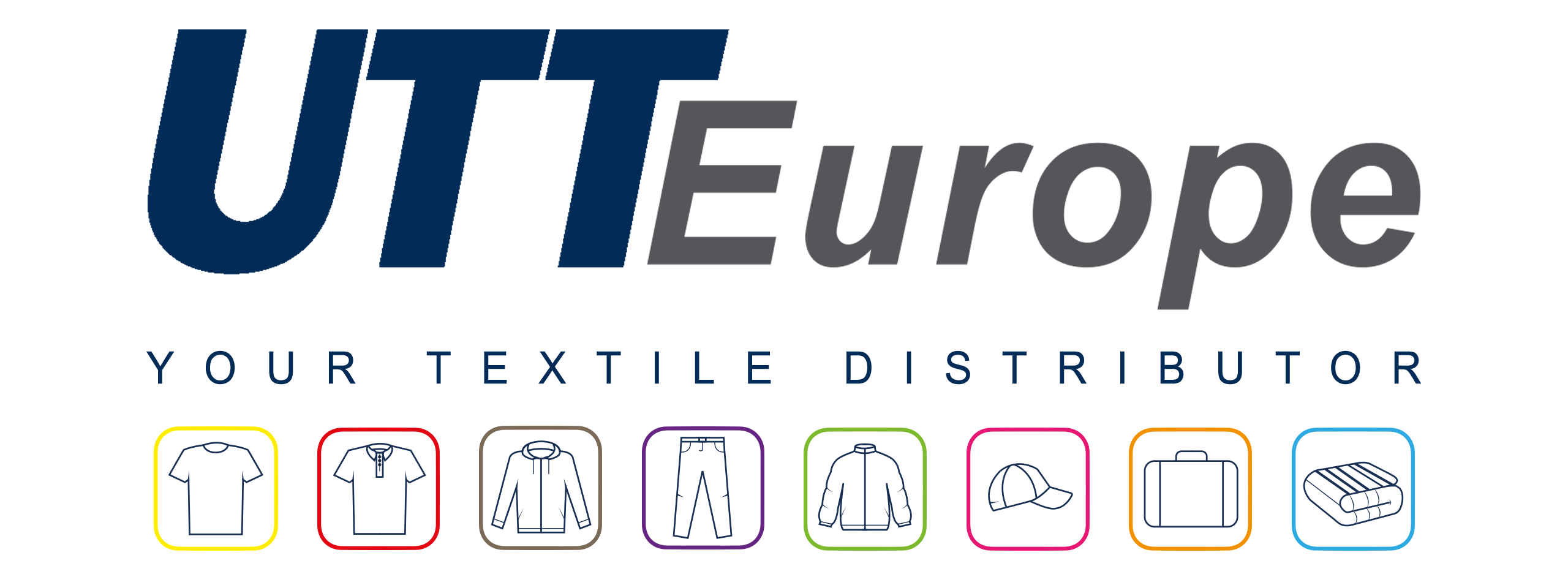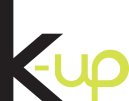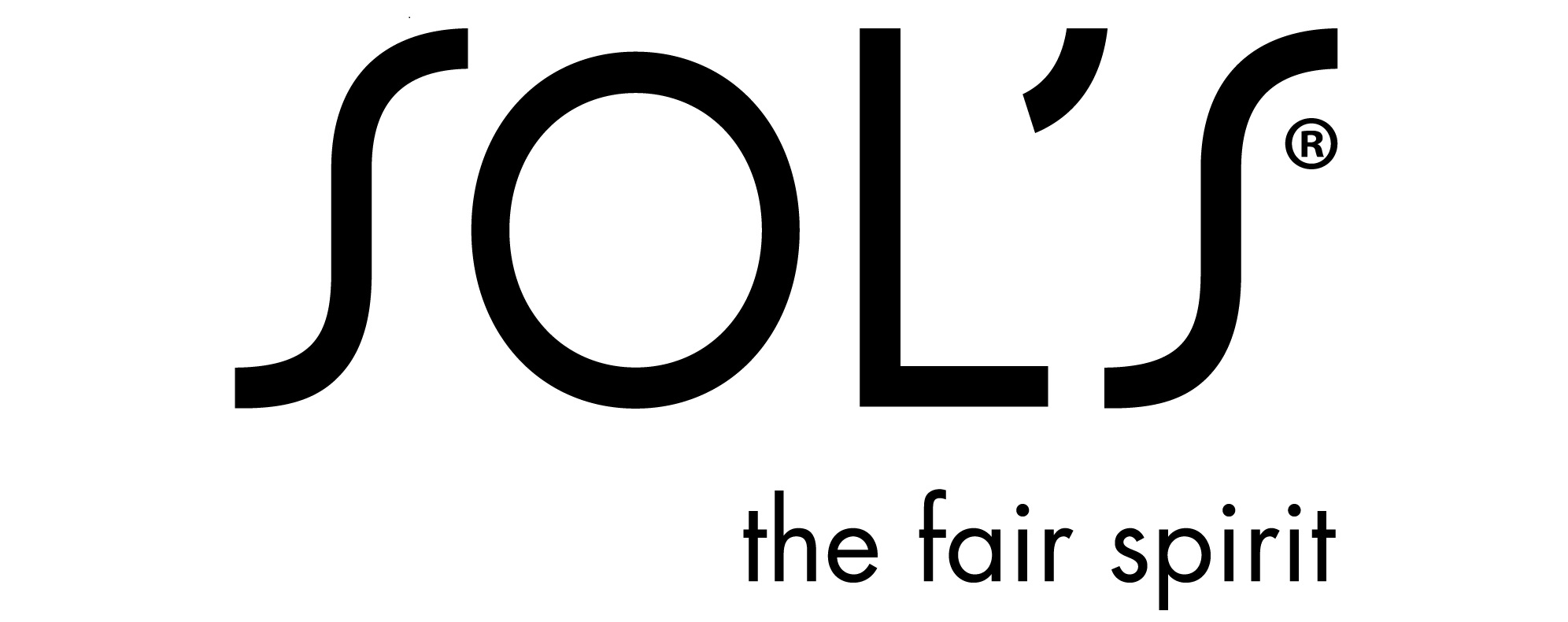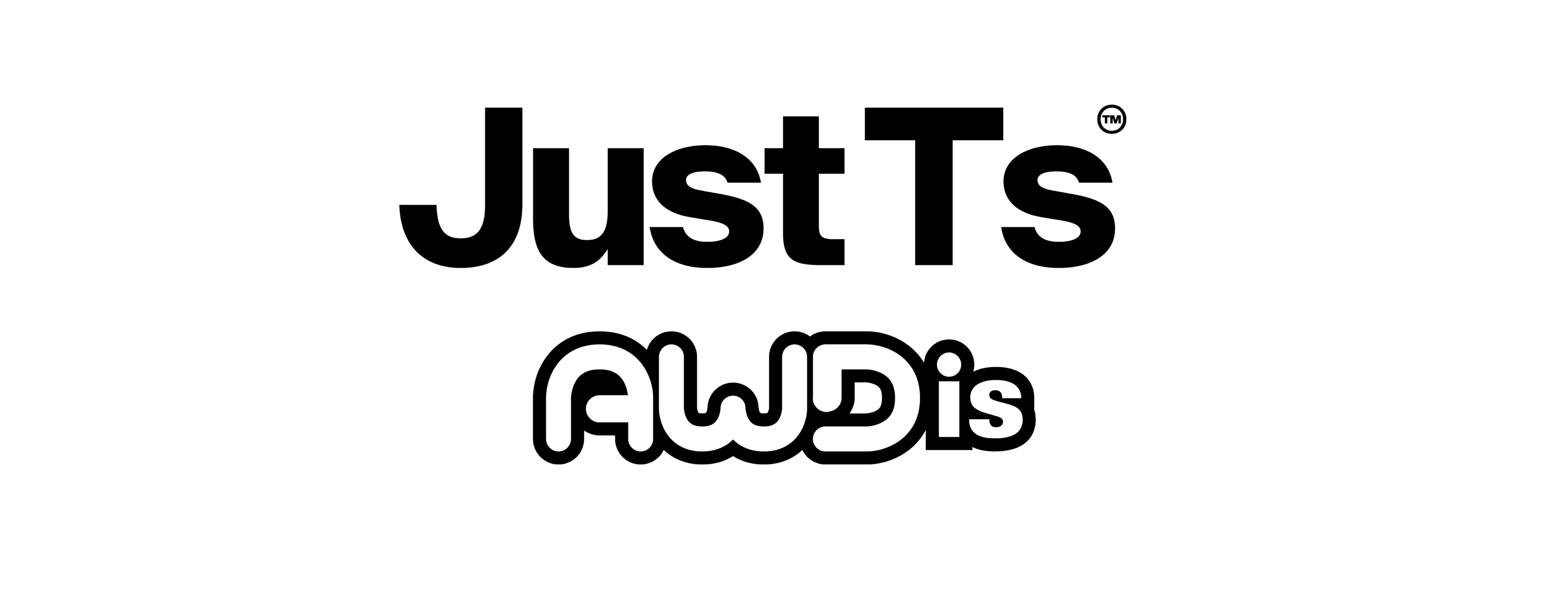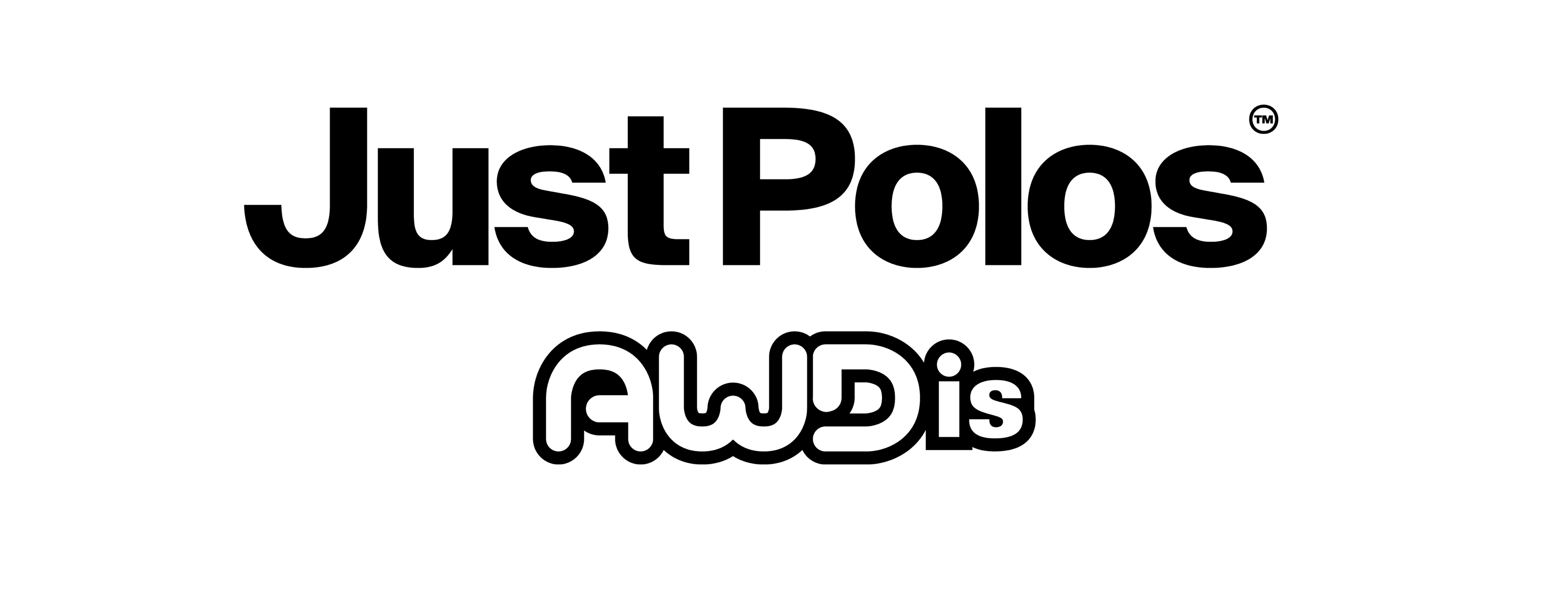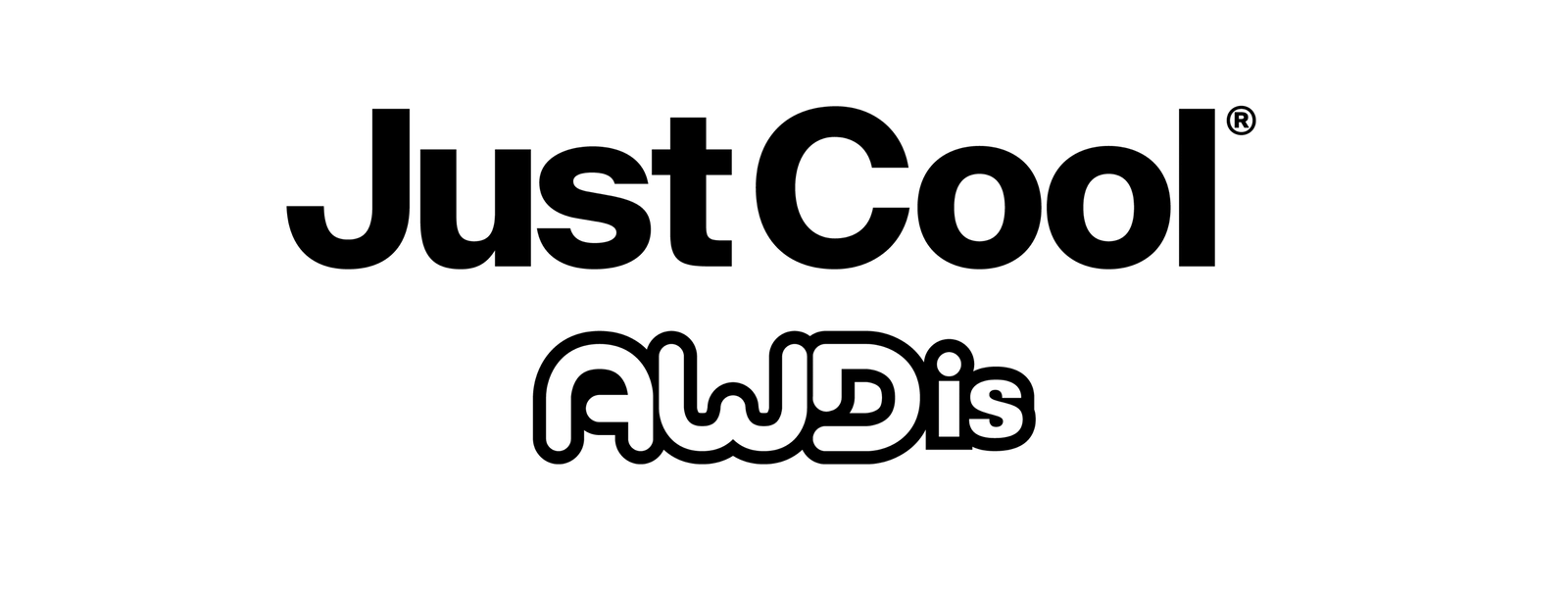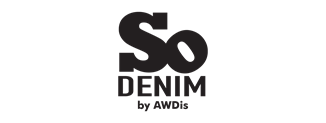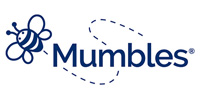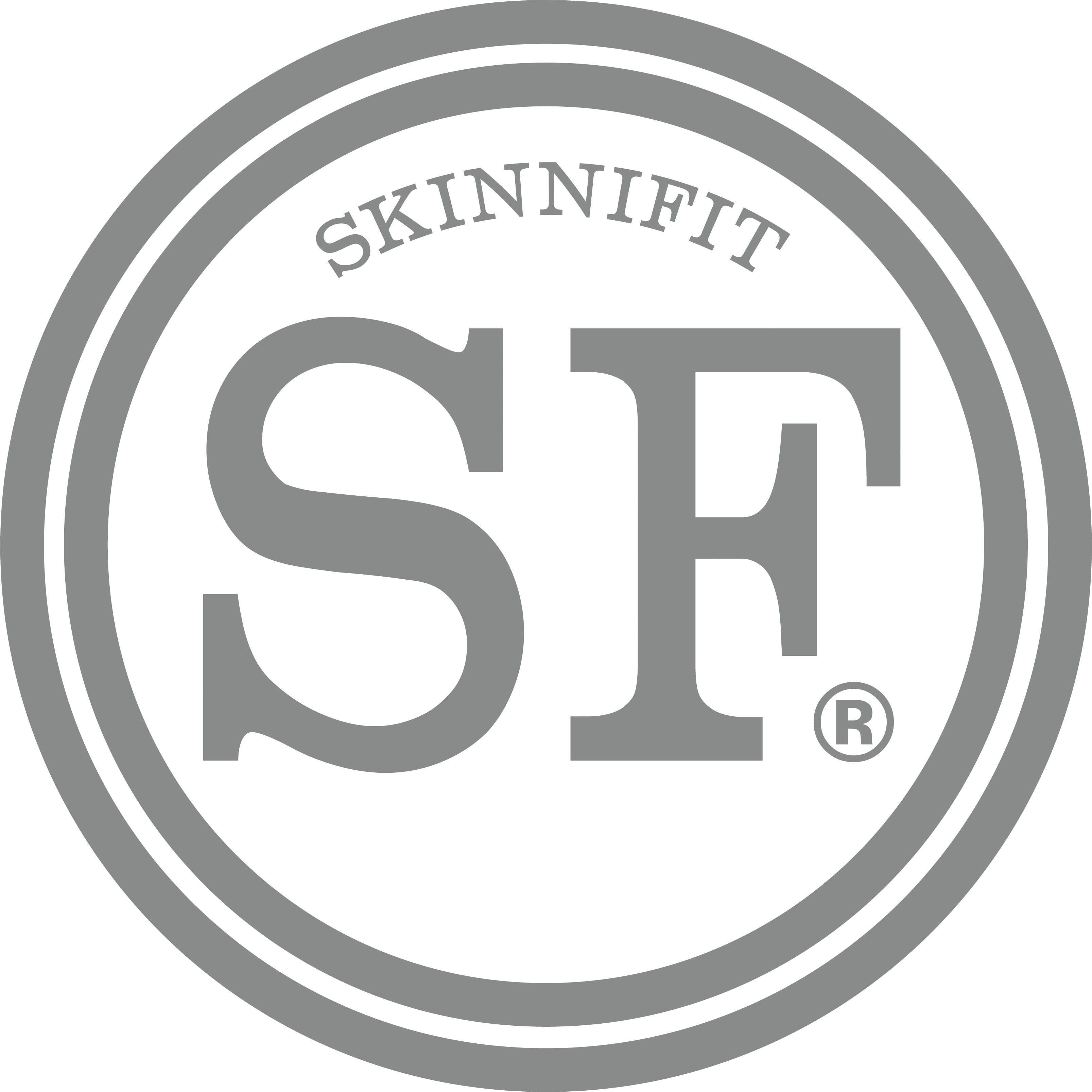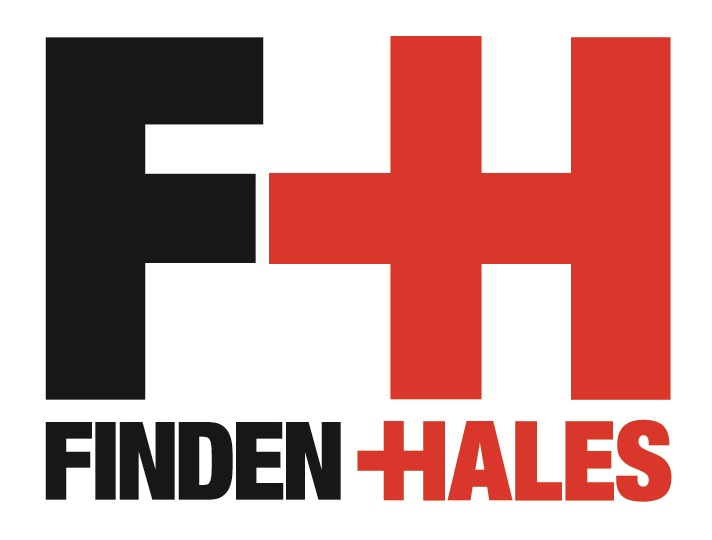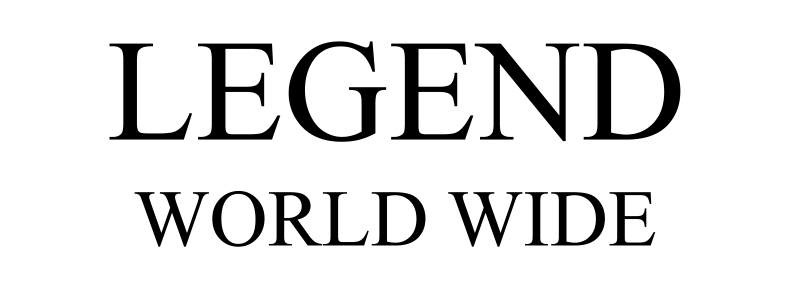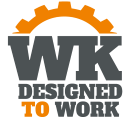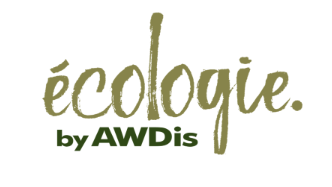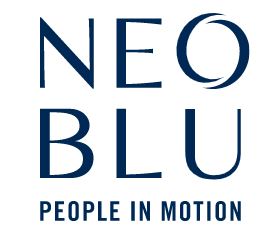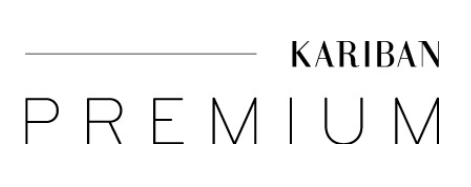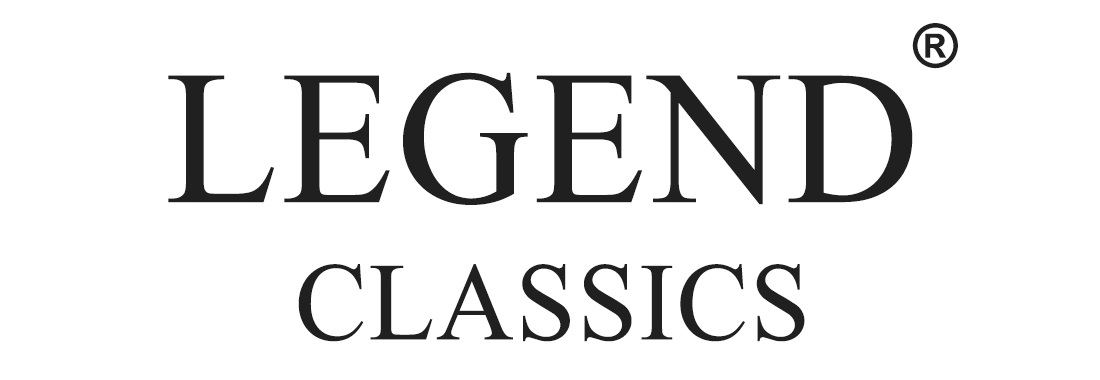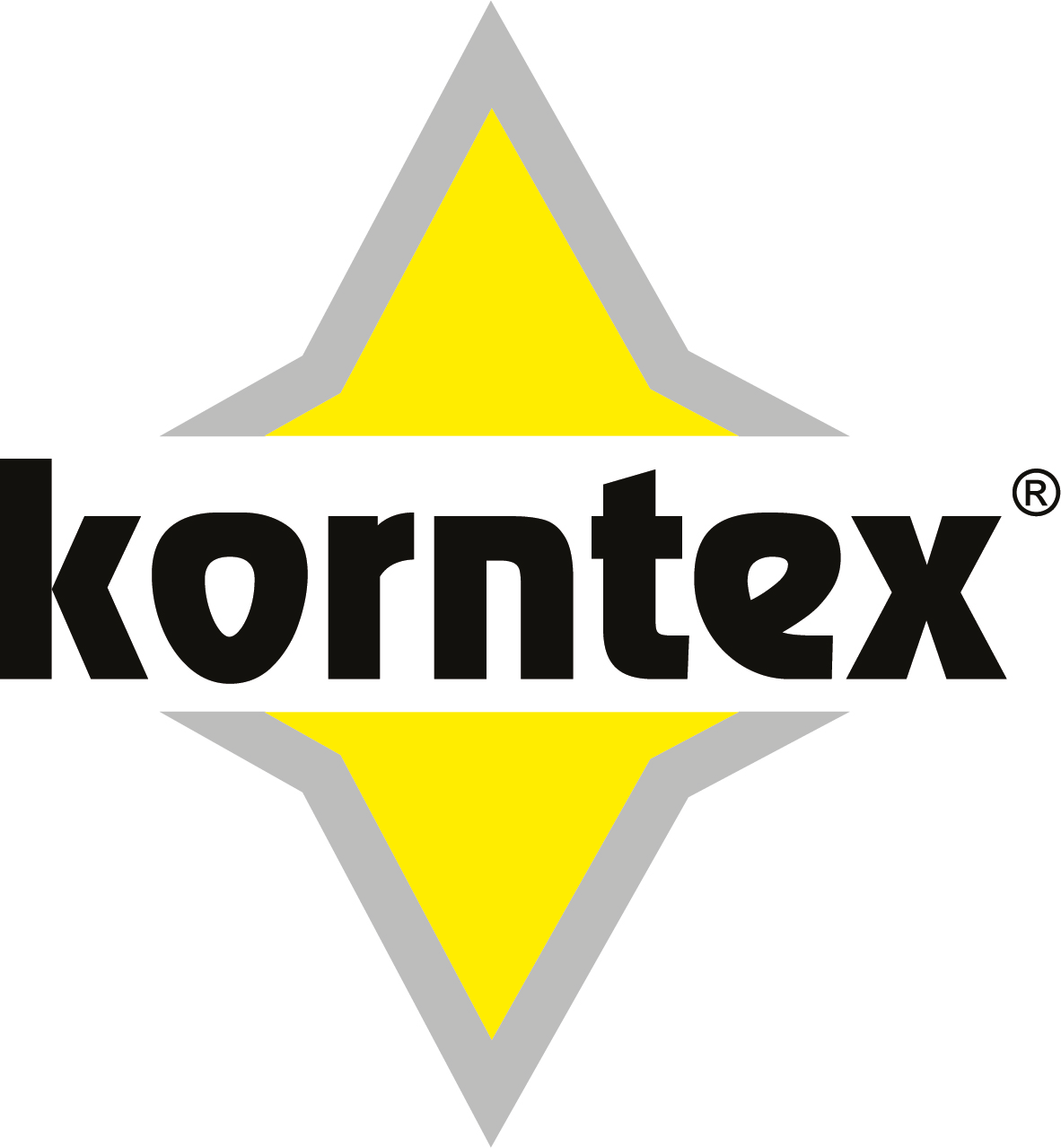Certifications

Worldwide Responsible Accredited Production (WRAP)
Worldwide Responsible Accredited Production (WRAP) is the world's largest factory-based certification program for manufacturers of clothing, footwear and other sewn products.The WRAP program certifies facilities for compliance with the 12 WRAP Principles which assure safe, legal and ethical manufacturing processes.
https://wrapcompliance.org/en/

amfori Business Social Compliance Initiative (BSCI)
The amfori Business Social Compliance Initiative (BSCI) is an industry-driven movement that aims to monitor and assess workplace standards across the global supply chain. There is growing expectation that companies not only ensure their own businesses are responsible, but that their suppliers are also demonstrating social responsibility.https://www.amfori.org/content/about-amfori

Sedex
Sedex stands for Supplier Ethical Data Exchange, which is an online system that allows suppliers to maintain data on ethical & responsible practices and allows them to share this information with their customers.https://www.sedex.com/

OEKO-TEX® Standard 100
OEKO-TEX® STANDARD 100 is one of the world's best-known labels for textiles tested for harmful substances. If a textile article carries the STANDARD 100 label, you can be certain that every component of this article, i.e. every thread, button and other accessories, has been tested for harmful substances and that the article therefore is harmless for human health.https://www.oeko-tex.com/en/our-standards/oeko-tex-standard-100

OEKO-TEX® STeP
The main goal of the STeP certificate is to guarantee environment friendly production processes, optimal health and safety conditions and socially acceptable working conditions.https://www.oeko-tex.com/en/our-standards/oeko-tex-step

Organic 100 Content Standard (OCS100)
The Organic 100 Content Standard (OCS) applies to garments containing 95-100 percent organic material.It verifies the presence and amount of organic material in a final product and tracks the flow of the raw material from its source to the final product.

Organic Blended Content Standard (OCS)
The Organic Blended Content Standard (OCS) applies to garments containing 5-100 percent organic material blended with conventional or synthetic raw materials.It verifies the presence and amount of organic material in a final product.
Further OCS tracks the flow of a raw material from its source to the final product.

Recycled 100 Claim Standard (RCS 100)
The RCS 100 (Recycled Claim Standard) is used as a chain of custody standard to track recycled raw materials through the supply chain.The standard was developed through work done by the Materials Traceability Working Group, part of OIA's Sustainability Working Group.
The RCS 100 guarantees that the product contains 95-100% recycled content without any non-certified material of the same type.
https://www.scsglobalservices.com/services/recycled-claim-standard

Recycled Claim Standard (RCS Blended)
The RCS Blended (Recycled Claim Standard) is used as a chain of custody standard to track recycled raw materials through the supply chain.The standard was developed through work done by the Materials Traceability Working Group, part of OIA's Sustainability Working Group.
The RCS Blended guarantees that the product contains 5-95% recycled content with no other restrictions on the remaining content.
https://www.scsglobalservices.com/services/recycled-claim-standard
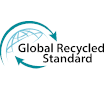
Global Recycled Standard (GRS)
The Global Recycled Standard (GRS) is a voluntary product standard for tracking and verifying the content of recycled materials in a final product. The standard applies to the full supply chain and addresses traceability, environmental principles, social requirements, chemical content and labeling.The Global Recycled Standard is intended for use with any product that contains at least 20% recycled material.
https://www.scsglobalservices.com/services/global-recycled-standard

Fairtrade
Fairtrade certification is a product certification system where social, economic and environmental aspects of production are certified against Fairtrade Standards for Producers and Traders.Fairtrade encourages sustainable cotton production and is the only standard to provide economic benefits, through a guaranteed Fairtrade Minimum Price and additional Fairtrade Premium for seed cotton farmers.
The Fairtrade system monitors the buying and the selling of the product until it is consumer packaged and labelled.
https://www.fairtrade.net/product/cotton
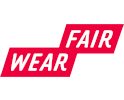
Fair Wear Foundation (FWF)
Fair Wear Foundation (FWF) is a European initiative, which strives for fair working conditions in the garment industry worldwide.FWF verifies effective implementation of the code of conduct by its member companies and their suppliers.
https://www.fairwear.org/programmes/brands

Better Cotton Initiative (BCI)
Better Cotton Initiative (BCI) is a non-profit organization that is committed to making cotton cultivation more sustainable and fairer worldwide.This certification is therefore only relevant for the cultivation of cotton, and not for other parts of the production chain.
https://bettercotton.org/

Expertise Vegan Europe (EVE)
Expertise Vegan Europe (EVE) stands for animal-free industry and trade.EVE is an independent certification body dedicated to conformity assessment, expertise and certification of products and services. It issues vegan certificates of conformity for raw materials, finished products and manufacturers in the food, cosmetics, textile and other industries.
https://www.certification-vegan.org/en/our-mission.html

Cruelty-Free
The cruelty-free certification is designated for companies that have signed our statement of assurance verifying that they and their suppliers do not conduct, commission, or pay for any tests on animals for their ingredients, formulations, or finished products anywhere in the world.https://www.peta.org/
